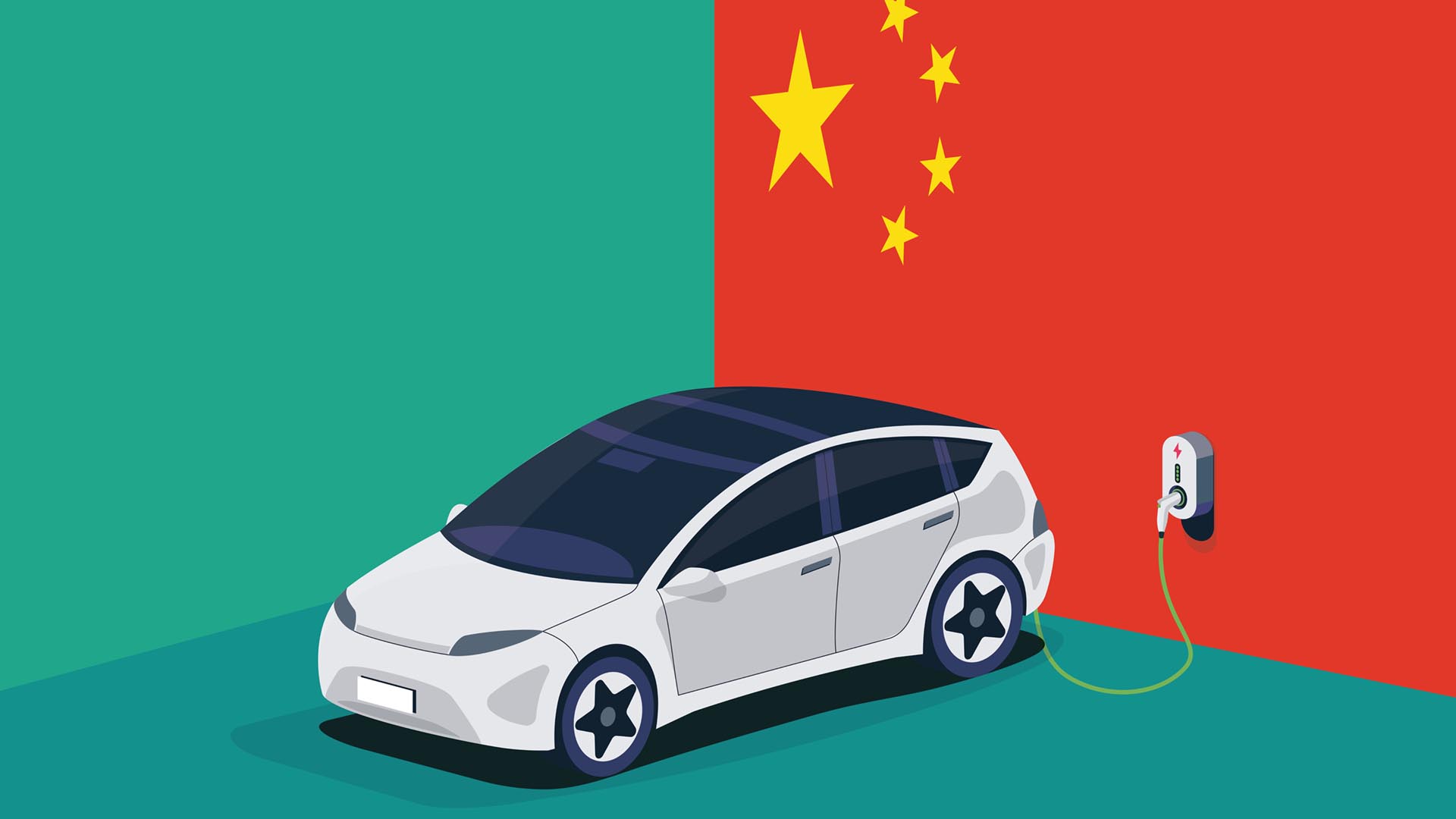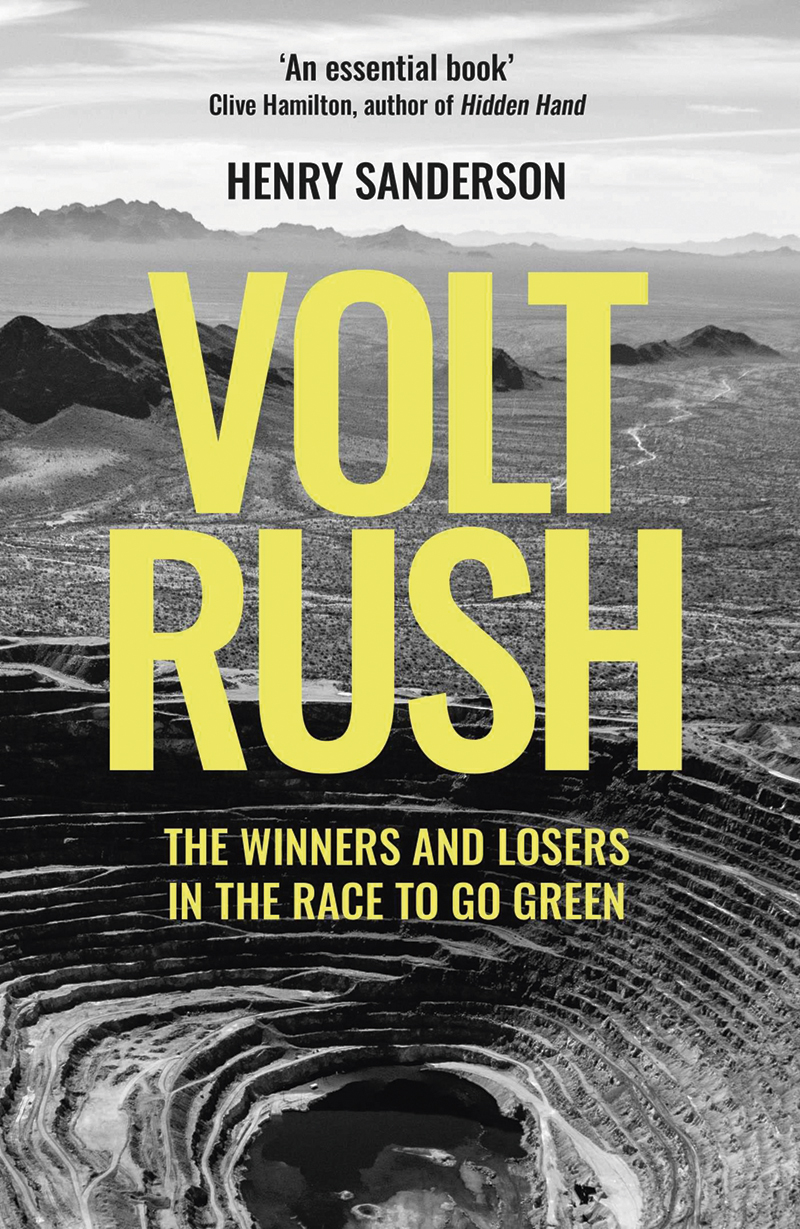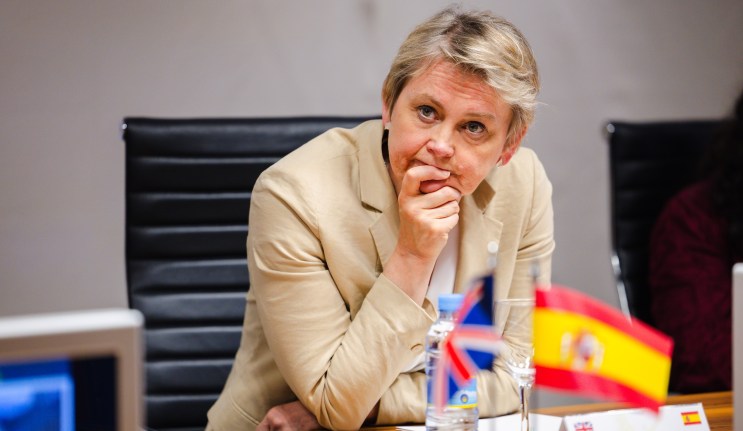Electric vehicles are becoming an increasingly common sight on the streets of London and other big cities. The number of EVs in the UK recently passed the half a million mark, from basically zero just 10 years ago. Everybody knows of Elon Musk and the story of Tesla, which is now the world’s most valuable automaker. But who does the world’s richest man depend on to produce his vehicles? And how are electric vehicles really changing the world?
I wrote a book to find out, and uncovered a hidden supply chain made up of secretive billionaires that is to a large extent controlled by China. Materials that end up in your electric vehicle have been on a journey of many thousands of miles, from countries such as the Democratic Republic of the Congo and Indonesia to China and back.
It’s a supply chain that will define the economic competitiveness of many countries and determine who gets the jobs and industries of the future. Clean energy and electric vehicles – along with AI and quantum computing – will dominate this century. Yet who will capture the value from these industries? A failure by the west to catch up will result in increasing geo-political tensions. Much of the manufacturing sector in the US and Europe has been hollowed out, as economies focused mainly on services. Yet a concentrated reliance on China is risky – what happens if China invades Taiwan, or escalates its activity in the South China Sea?
Part of the problem has been the focus of Silicon Valley and the UK on software and creating apps. This is important for electric vehicles too, for sure. But it’s the battery that has made electric vehicles possible. A hundred years ago electric vehicles failed to overtake petrol cars in part because batteries were not good enough. Henry Ford’s wife drove an electric, but she was a minority. The result was a century or more of addiction to fossil fuels that is ruining the planet.
Now we can drive 200 miles or so without worrying too much – a game changer if paired with good charging infrastructure. The battery can account for 40 per cent of the value of a car, yet who makes these batteries? At the moment it isn’t Tesla. Global sales are dominated by a Chinese company based in a south-eastern Chinese city, Ningde, better known for its fish than tech.
The company CATL produces batteries not only for Tesla, but also Volkswagen and Mercedes-Benz owner Daimler. It has minted more billionaires than Google and is listed on the stock exchange with a value of a trillion RMB (£124 billion). These heavy batteries also require lots of metals such as lithium, cobalt and nickel to store and release electricity. But who controls these resources? Here too many Chinese companies, including CATL, are advancing projects in countries such as Argentina, the DRC and Indonesia that will be critical to electric vehicles due to the amount of resources they possess.











